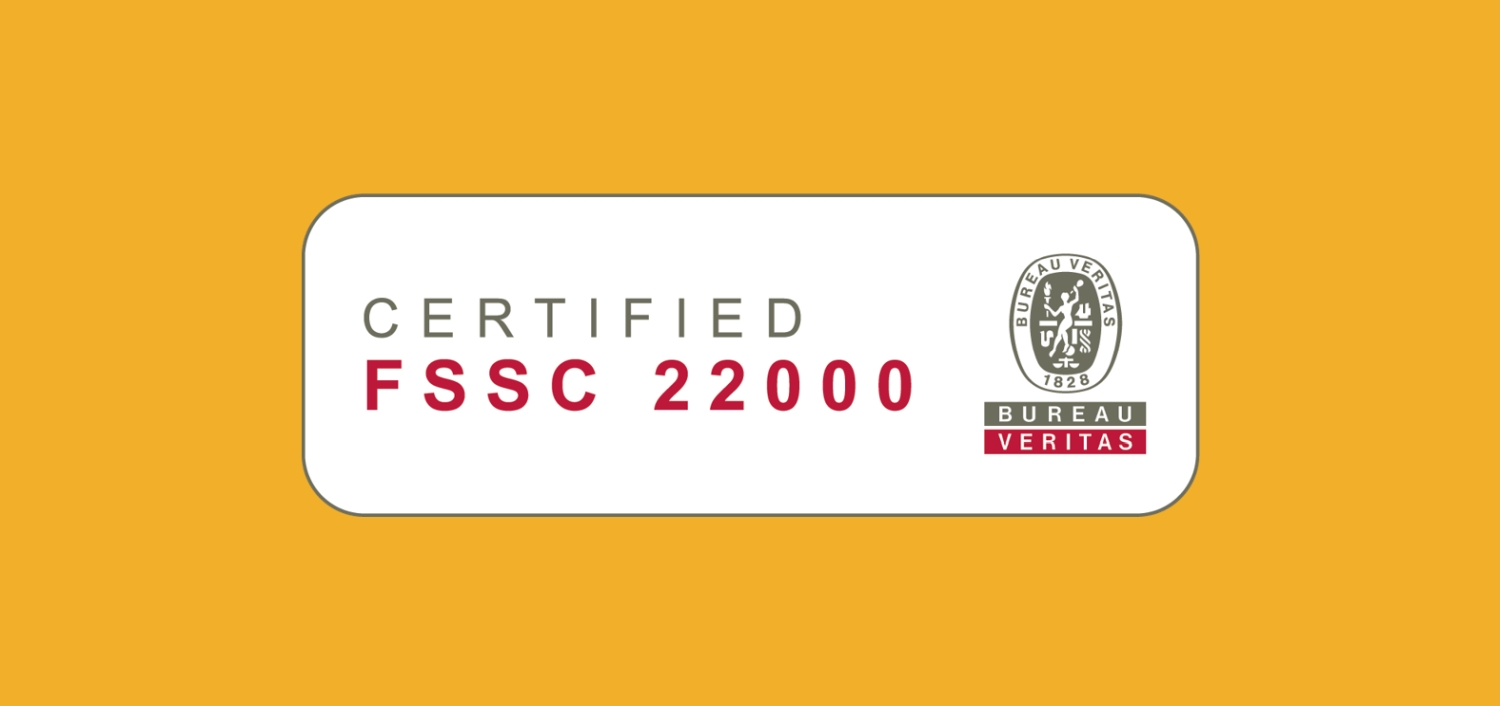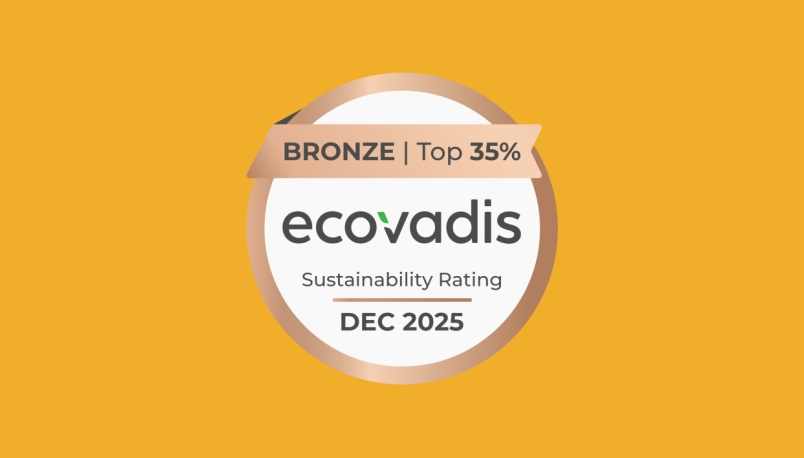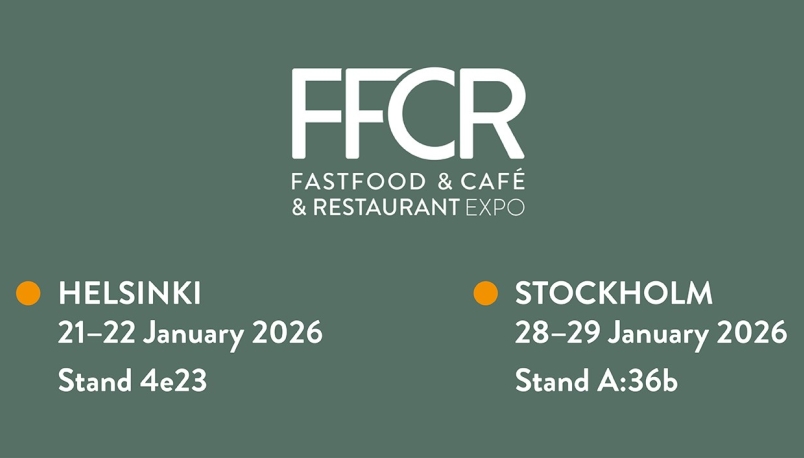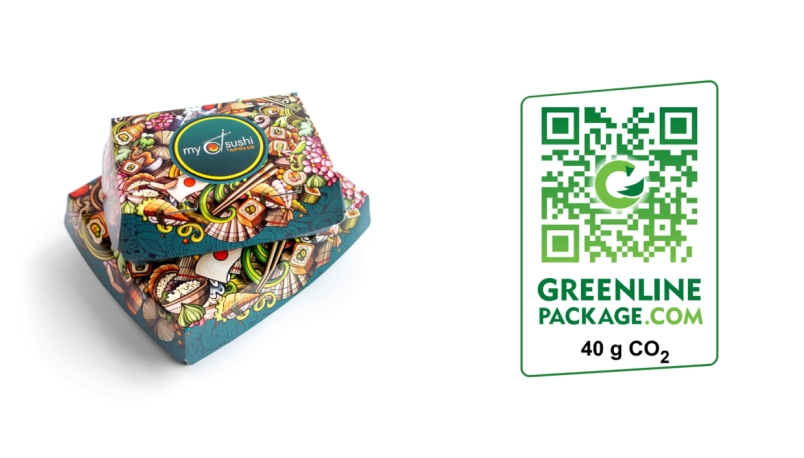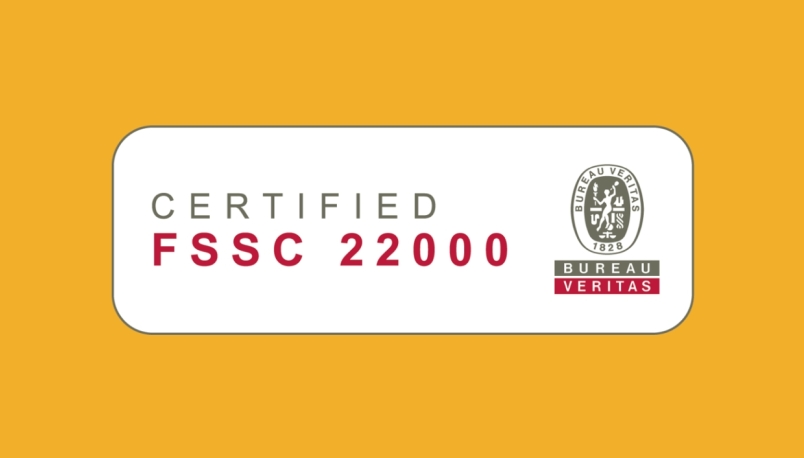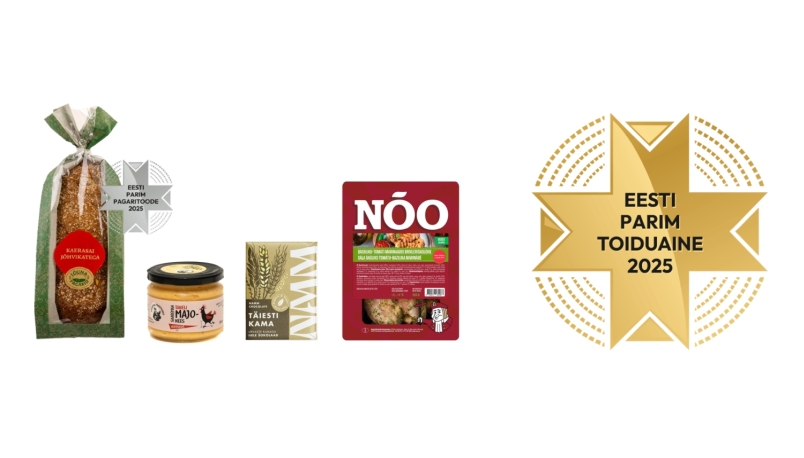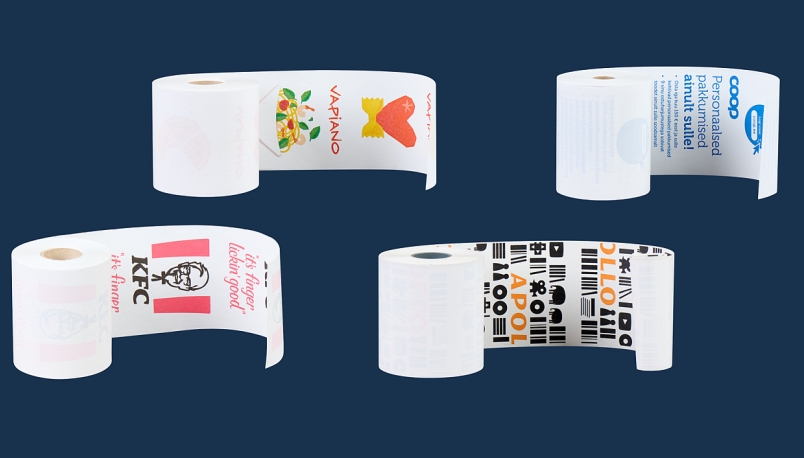When we think about food safety, we often focus on the food itself – where it comes from, how it’s made, and whether it meets strict regulations. But what about the packaging it comes in? Most people don’t think about it at all. Some assume it’s automatically regulated; others don’t realise food packaging safety certifications even exist.
Yet the packaging is in direct contact with what we eat – and if it’s not safe, neither is the food. That’s why certifications like FSSC 22000 matter: they ensure packaging meets the same strict standards as the food it holds.
But what does that mean in practice? Here’s a brief look at why this certification matters and how it protects your brand, your products, and your customers.
What is FSSC 22000?
FSSC 22000 (Food Safety System Certification) is a globally recognised certification scheme for food safety. It is benchmarked by the GFSI (Global Food Safety Initiative) and based on ISO standards.
This certification provides a structured framework for organisations to effectively manage food safety responsibilities. While primarily designed for the food industry, it is equally relevant for packaging and converting companies, particularly those producing paper and carton packaging for food products.
Unlike general quality certifications, FSSC 22000 focuses specifically on the safety of materials that come into direct contact with food – including paperboard, adhesives, inks, and finishes. It covers the entire production chain and requires full traceability, risk assessment, and continuous monitoring.
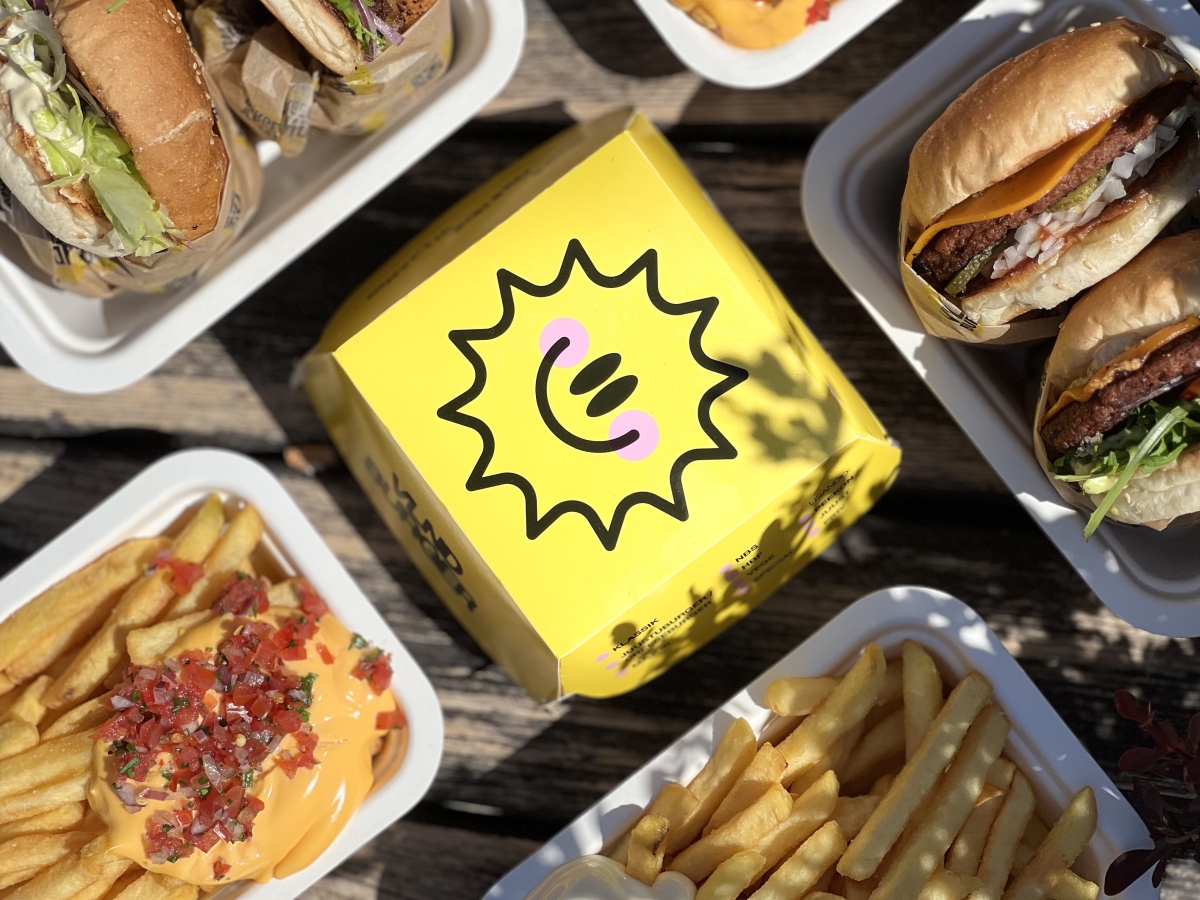
Why is food-safe packaging important?
Food packaging isn’t just about preserving freshness – it’s a critical barrier against contamination, protecting consumers and ensuring product integrity. For food producers, retailers, and fast-moving consumer goods (FMCG) brands, food-safe packaging is a must. FSSC 22000 certification provides:
- Risk management – Identifies and mitigates biological, chemical, and physical risks in the production process.
- Full traceability – From raw material to final packaging, every component is documented, auditable, and verifiable.
- Continuous improvement – Certified companies commit to regular audits, employee training, and system updates to meet evolving regulations and market expectations.
- Supports sustainability – Promotes responsible sourcing and eco-friendly manufacturing.
- Global Recognition – FSSC 22000 is accepted by multinational food corporations, retailers, and regulatory bodies worldwide.
The FSSC public register (https://www.fssc.com/public-register) allows you to verify certified companies – an important step for due diligence and transparency in your supply chain.
Kroonpak’s commitment to food safety
At Kroonpak, we know that protecting food is non-negotiable and we take that responsibility seriously. That’s why we’ve invested in FSSC 22000 certification, ensuring that every packaging solution follows rigorous international requirements. We integrate food safety into every stage of our operations:
- HACCP-based risk analysis and control
- Supplier screening and raw material validation
- Strict hygiene and equipment maintenance protocols
- Robust documentation and batch traceability
- Qualified personnel trained in food safety procedures
If you’re in the food industry, using certified packaging is a smart move. Our packaging is perfect for takeaway and fast food, bakeries and pastry shops, meat and dairy producers, supermarkets and retail. When you choose us as your packaging partner, you’re not just buying „some packaging“ – you’re investing in a safe, certified, and globally trusted solution.

Are you interested in learning more?
We’ve put together a comprehensive guide to food safety and the FSSC 22000 certification – explaining all key aspects in detail, from raw materials to production and compliance.
Just email us at info@kroonpak.com or contact our sales managers directly – we’ll be happy to share the full document.





 Back
Back